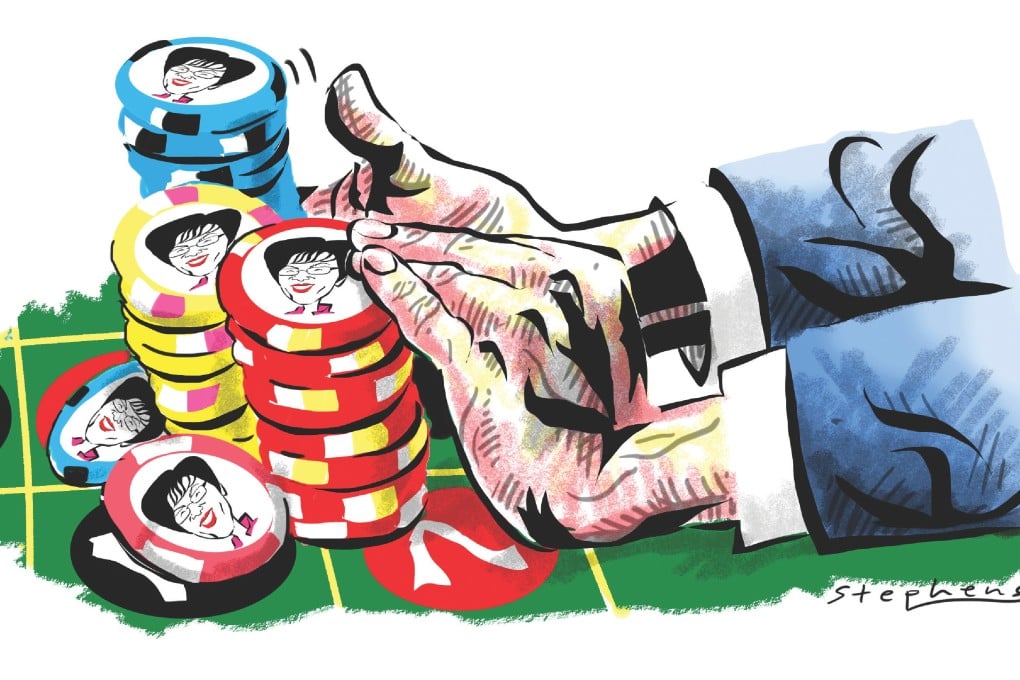KMT's gamble on dogmatic presidential hopeful Hung Hsiu-chu may backfire
Jonathan Sullivan considers the KMT's self-defeating choice of an ideologue for the 2016 presidential poll

The Kuomintang is expected to confirm Hung Hsiu-chu as its first female presidential candidate, ahead of the 2016 election, at its party congress next month. Hung, currently the deputy speaker in Taiwan's legislature, has already passed the first step to nomination: a combined party and public vote. If, as expected, Hung's nomination is confirmed, it will pit her head-to-head with Tsai Ing-wen, chairwoman of the Democratic Progressive Party.
For an East Asian polity with a significant "Confucian heritage" still manifest in patriarchal social norms, an all-female contest for the presidency is no small matter. Many Taiwanese are rightly proud of improvements in gender equality. But the gender of the two candidates is not the real issue here.
When Tsai stood for president for the first time in 2012, gender was a conspicuous non-issue. Tsai lost, not because of her gender but because voters did not trust her hastily assembled China policy. Tsai has since sharpened her thinking on China, and has adopted a position that appeals to the moderate middle. The same cannot be said for Hung, whose views on China are not shared by the majority of Taiwanese.
Hung is an advocate of faster economic integration leading to unification. In a long and undistinguished political career, she is best known for her strident ideological views. Until now a marginal character in the KMT, Hung has a reputation for pugnacity and a sketchy electoral record. She secured the deputy speaker position as a balance to the "local wing" speaker, Wang Jin-pyng, who prizes pragmatism in terms of future political solutions. Although her father was a victim of the KMT's White Terror, a political purge during the martial law era, Hung has shown strong commitment to the party. In a polity where pragmatism is the norm, at least at election time, Hung's commitment to old ideals and pursuit of unification with China is unusually steadfast.
This would not be a story if Hung's nomination were consistent with the trajectory of Taiwanese public opinion. But the attitude of the majority of the electorate is moving firmly in the opposite direction, both on China and "traditional" attitudes.
The past four years have seen large-scale public protests against the policies of the incumbent Ma Ying-jeou administration. Widespread dissatisfaction was manifest in the KMT's humbling losses in local elections in November last year. While many Taiwanese have been alarmed by the haste of Ma's embrace of China, Hung has lavished praise on the outgoing president, and, if elected, would seek to deepen his integration policies.
There is nothing to suggest that Hung is capable of competing with a battle-tested and increasingly confident Tsai. Lacking Ma's veneer of urbane sophistication and carefully packaged image of Confucian temperance, Hung has been compared by some observers to Sarah Palin or Barry Goldwater, candidates known for their "challenging" views and electoral failure. With the KMT already vulnerable due to dissatisfaction with Ma and facing an uphill struggle against a resurgent DPP, why is Hung set to get the nomination?